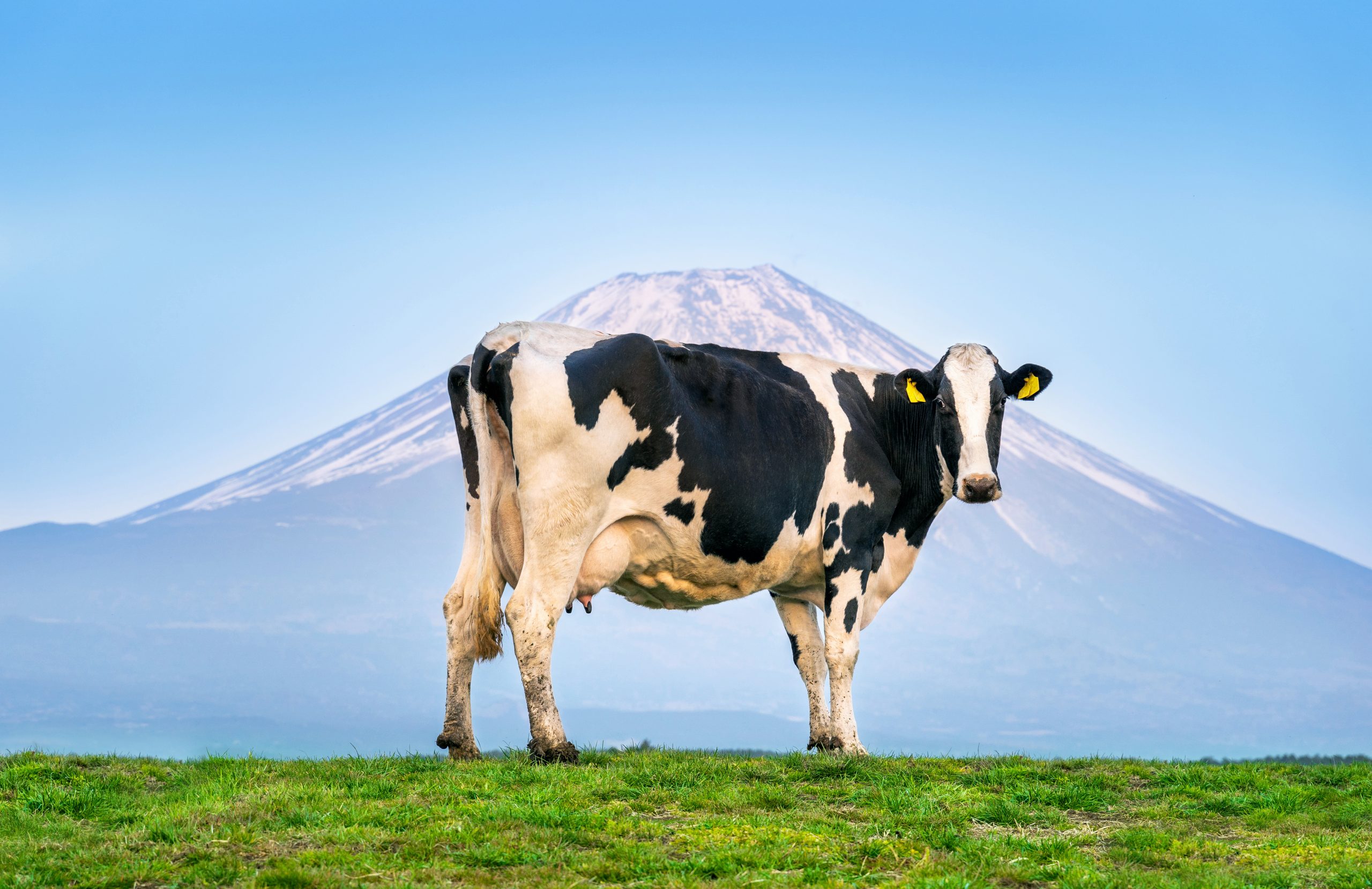Importation of Danish Dairy Cattle
Nigeria seeks to double milk production
Summary
- New initiative aims to reduce $1.5 billion dairy import bill
- Over 200 high-yield heifers already brought in from Denmark
- National Dairy Policy targets 1.4 million tonnes of local milk output by 2029
Abuja, Nigeria — Nigeria has launched an ambitious initiative to import high-yield dairy cattle from Denmark in a bid to modernise its dairy sector, double milk production, and cut its heavy reliance on milk imports, currently costing the country around $1.5 billion annually.
Livestock Minister Idi Maiha revealed that the programme is designed to increase Nigeria’s milk output from 700,000 tonnes to 1.4 million tonnes over the next five years. Despite having more than 20 million cattle—the largest herd in Africa—Nigeria produces only about 40% of the 1.6 million tonnes it consumes annually.
A Nigerian farm has already imported over 200 Danish heifers as part of a strategy to address the low productivity of local breeds, such as the Bunaji, which typically yield just 1-2 litres of milk per day. By contrast, imported breeds like the Holstein Friesian can produce up to 40 litres daily.
The programme is part of a wider plan under the National Dairy Policy (2023–2028), introduced during World Milk Day 2024. The policy aims to enhance breeding practices, encourage private sector investment, and boost self-sufficiency in dairy production.
Other key reforms include the registration of eight new pasture species, the first in nearly five decades, and the launch of a national strategy for managing animal genetic resources, supported by the Food and Agriculture Organization.
However, significant hurdles remain, including poor infrastructure, outdated rearing techniques, and ongoing conflicts between herders and farmers. Previous efforts, such as the Central Bank of Nigeria’s 2019 restriction on foreign exchange for milk imports, fell short due to weak domestic capacity.
Still, promising models exist. Arla’s Damau farm in Kaduna and the Ikun Dairy Farm in Ekiti State have shown that high-yield exotic breeds can perform well in Nigeria’s climate, with the latter currently producing 10,000 litres of milk daily from 500 imported cows.







